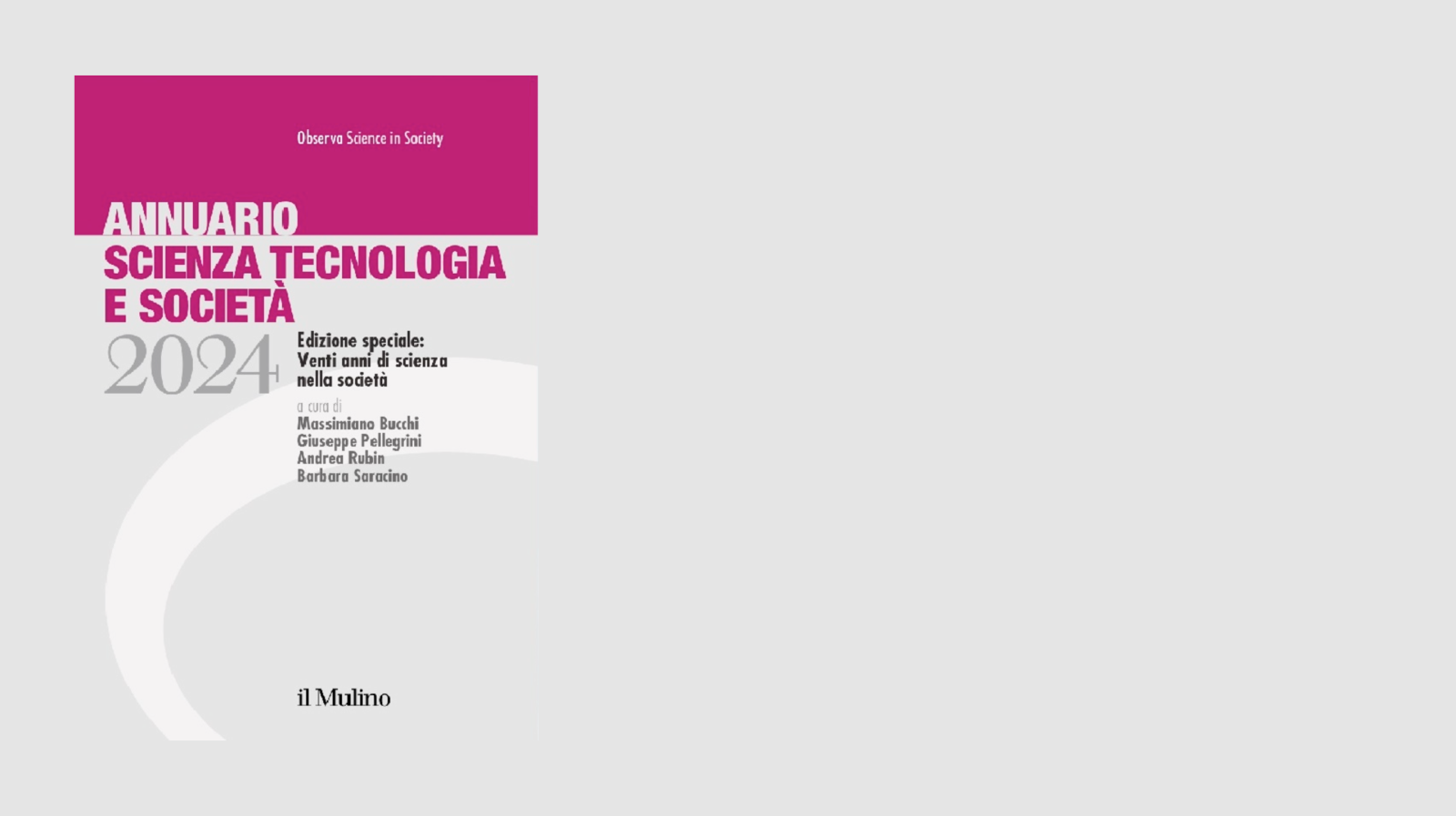The multinational media and information firm Thomson Reuters carried out an analysis of scientific production in the last eleven years, in order to identify the world’s most influential scientific minds. This work was based on data from the Web of Science platform, produced and maintained by Thomson Reuters’ experts, which gathers citation indexes from scientific literature – journals, conference proceedings, abstract, etcetera – grouped based on the related discipline.
Analyzing these databases allowed to identify those researchers whose papers were the most cited for each of the 21 scientific broad fields. They are 3200, with a strong preponderance of Americans, except for some fields such as environment/ecology or plant and animal sciences. There are 55 Italians included in the list and only 5 of them are women.
Within this collection of most highly cited researchers is a small subset of individuals who have published the greatest number of the so-called hot papers, which are the papers with higher impact in a specific field, during 2012-2013. Such a list is headed by Stacey B. Gabriel, who signed 23 hot papers and works, as the majority of the members of this list, at the Broad Institute of MIT and Harvard. All the scientists in this list work for US institutions, the only exceptions being two persons working in the UK and two working in China. The roster featured an outstanding concentration of biomedicine researchers (12 out of 17), with physical sciences gaining the second place.


